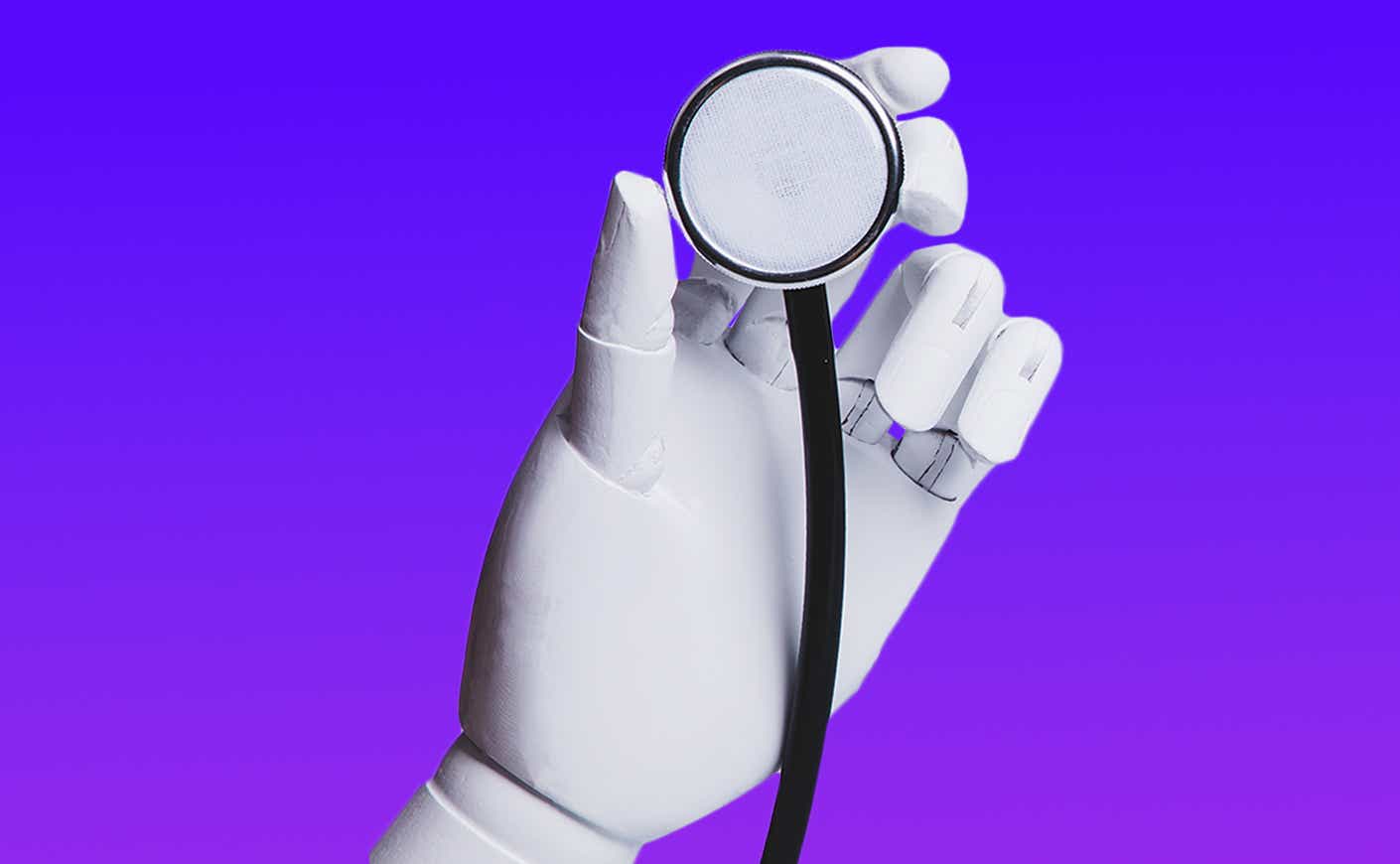Could a robot doctor save your life? Artificial intelligence has made its way into medicine — and actually shown some promising results. We’ve got the latest on how this technology could be used to catch cancer.
Can robots assist in cancer screening?
These days, ChatGPT — the remarkably sophisticated AI chatbot — is freelancing for BuzzFeed, has essentially clerked for a judge in Colombia, and has (probably) helped thousands of high-schoolers cheat their way through an English literature essay. So why not see if ChatGPT could be put to use providing more accurate cancer screenings?
Researchers at the University of Maryland set out to do just that, and started by asking ChatGPT 25 questions about getting screened for breast cancer. Experts reviewed the AI content generator’s advice and found that it was appropriate for 22 of the prompts. (In the other three instances, the chatbot provided outdated information and its answers, when asked multiple times, were inconsistent for two of the other questions, according to the recent study.)
"ChatGPT answered questions correctly about 88 percent of the time, which is pretty amazing,” Paul Yi, M.D., one of the study’s authors, said. He added that his robot colleague also had a knack for “summarizing information into an easily digestible form” that’s simple for patients to understand.
Can ChatGPT give medical advice?
Not quite, Dr. Yi says. For one, it’s not very comprehensive: The information it provides is about as substantive as what you’d uncover doing a quick Google search, the researcher says. It also has a well-documented tendency to make things up — an especially alarming proposition for anyone seeking medical advice.
“We’ve seen in our experience that ChatGPT sometimes makes up fake journal articles of health consortiums to support its claims,” Dr. Yi says. “Consumers should be aware that these are new, unproven technologies, and should still rely on their doctor, rather than ChatGPT, for advice.”
The future of AI and cancer detection
Although ChatGPT may still have a ways to go when it comes to advising on breast cancer, other AI-powered tools are already being used to help medical professionals read mammograms. Hospitals in Hungary have used AI systems to help their radiologists check for breast cancer since 2021, The New York Times reports. And medical facilities in the U.K., E.U., and even here in the U.S. are either beginning to test these programs, or providing data to help refine them.
These types of software are trained to spot dangerous tumors in mammograms that human doctors may miss. In Hungary, there have been 22 cases in which an AI system identified a cancer that a doctor didn’t flag, per the Times. More clinical trials are needed before the technology can be rolled out on a larger scale, but many experts say when paired with a real, live doctor, an AI assistant may one day be able to save lives.









